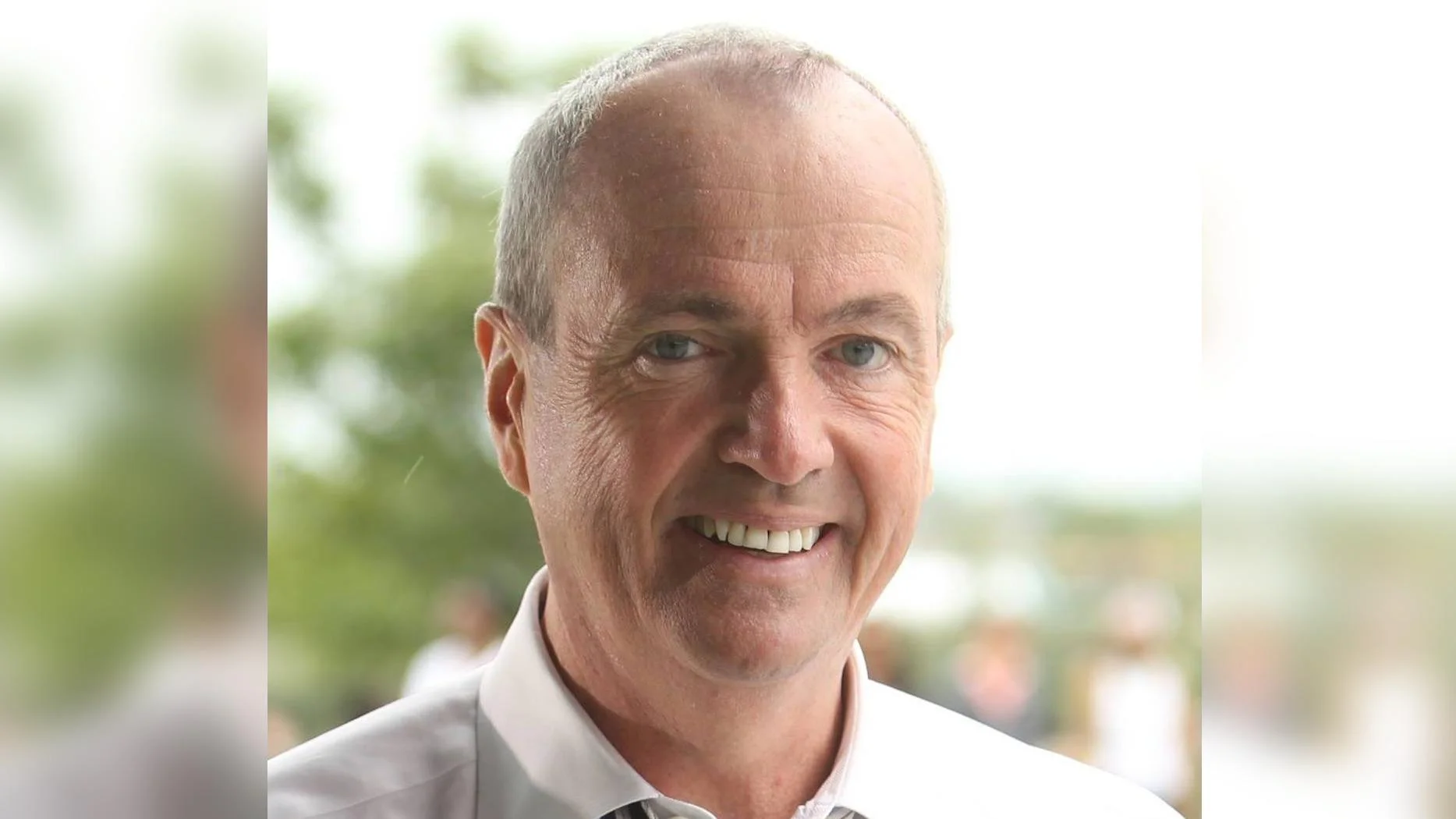
The New Jersey Board of Public Utilities (NJBPU) has announced the adoption of minimum filing requirements (MFRs) for investor-owned electric distribution companies (EDCs). These MFRs aim to expand charging access for medium-and-heavy-duty (MHD) electric vehicles and fleets. The initiative is expected to reduce greenhouse gas emissions in New Jersey's transportation sector and improve air quality.
New Jersey's transportation sector contributes nearly 40% of the state's net greenhouse gas emissions, with a significant portion coming from MHD trucks and buses. Communities located near freight corridors, ports, and distribution centers are particularly affected by these emissions. The new MFRs allow utilities to offer additional incentives for municipalities and communities that are overburdened by pollution, as well as small businesses.
Governor Phil Murphy commented on the development: "Today’s announcement by the BPU is a key part of my Administration’s whole-of-government approach to reducing harmful emissions from the transportation sector that negatively impact the health of our residents." NJBPU President Christine Guhl-Sadovy added, "Under Governor Murphy’s leadership and in coordination with New Jersey’s EDCs, the NJBPU remains at the forefront of advancing smart, clean transportation initiatives and infrastructure that provide considerable health and environmental benefits."
The MFRs will enable EDCs to propose incentives for "Make Ready" chargers for public-serving fleets and private fleets in overburdened areas. They also require utilities to create capacity maps showing where the grid can support MHD charging. This framework aims to facilitate better grid planning and accelerate projects aligned with New Jersey's 2019 Energy Master Plan.
Additionally, EDCs must develop managed charging programs to balance grid demand and encourage nighttime charging. The adopted MFRs continue the Murphy Administration's efforts to promote clean transportation across New Jersey. EDCs have 120 days from the Order date to file their proposed programs with NJBPU.
In related news, the U.S. Environmental Protection Agency recently awarded a $250 million Climate Pollution Reduction Grant to the Clean Corridor Coalition, led by the New Jersey Department of Environmental Protection. This coalition includes agencies from Connecticut, Delaware, and Maryland aiming to deploy EV charging infrastructure along Interstate-95.
About NJCEP: Established in 2003 under the Electric Discount and Energy Competition Act (EDECA), NJCEP offers financial incentives for high-efficiency or renewable energy technologies in New Jersey. It is overseen by NJBPU.
About NJBPU: A state agency responsible for regulating utility services in New Jersey, including natural gas, electricity, water, wastewater, telecommunications, and cable television.